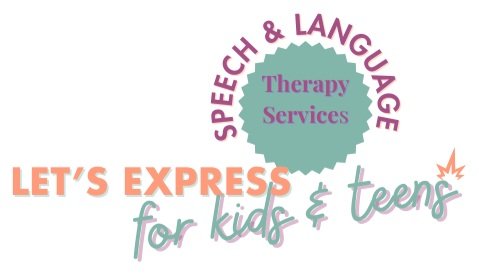The Importance of Teaching Self-Reliance Skills
The Importance of Developing Self-Determination Skills
Self-determination is being able to set goals, make choices, and take control of your life. Teaching self-determination skills is important for helping a child to develop confidence, independence, and resilience. Self-determination skills empower children and allow young ones to understand their needs, strengths, and preferences. This is powerful as it promotes advocacy skills for children as they grow older. For neurodiverse children, those who communicate differently, and those with communication impairments, self-determination is crucial as it provides the skills which allow them to navigate and communicate their needs in various settings and situations.
The development of self-determination skills early on encourages problem-solving, decision-making, self-advocacy, and other skills which facilitate school success and positive relationships in and out of the classroom.
Here are some everyday activities to support self-determination:
· Work on goal setting activities that can break down into smaller actionable steps. Activities might include reading a book, putting together a puzzle, working on a crossword puzzle, chores (yes, I said chores). Break these activities into smaller chunks or steps and allow your child to decide how to approach it. You want to make sure to celebrate achievements, give encouragement, and reinforce the value of persistence (staying the course) and resilience (not giving up despite difficulty.
· Incorporate choice making into activities. When it is snack time give a choice of two to three items. For example, you could ask your child, “Do you want an apple, yoghurt, or goldfish?” Give opportunities for making choices throughout the day.
· Facilitate creative thinking during activities such as reading and watching videos. Pause at times, especially when a character faces a dilemma or must decide something or act. Ask your child a question like, “What would you do if you were X?”
· Teach reframing problem situations. When you are working on a creative project and missing an item you can have your can teach brainstorming by saying, “Hmm, I wonder what we could use instead. What do you think we could use?”
Advocacy and education will be necessary as others may not have limiting beliefs; thus, your child may not receive adequate opportunities. Help others to see your child’s strengths and abilities.


